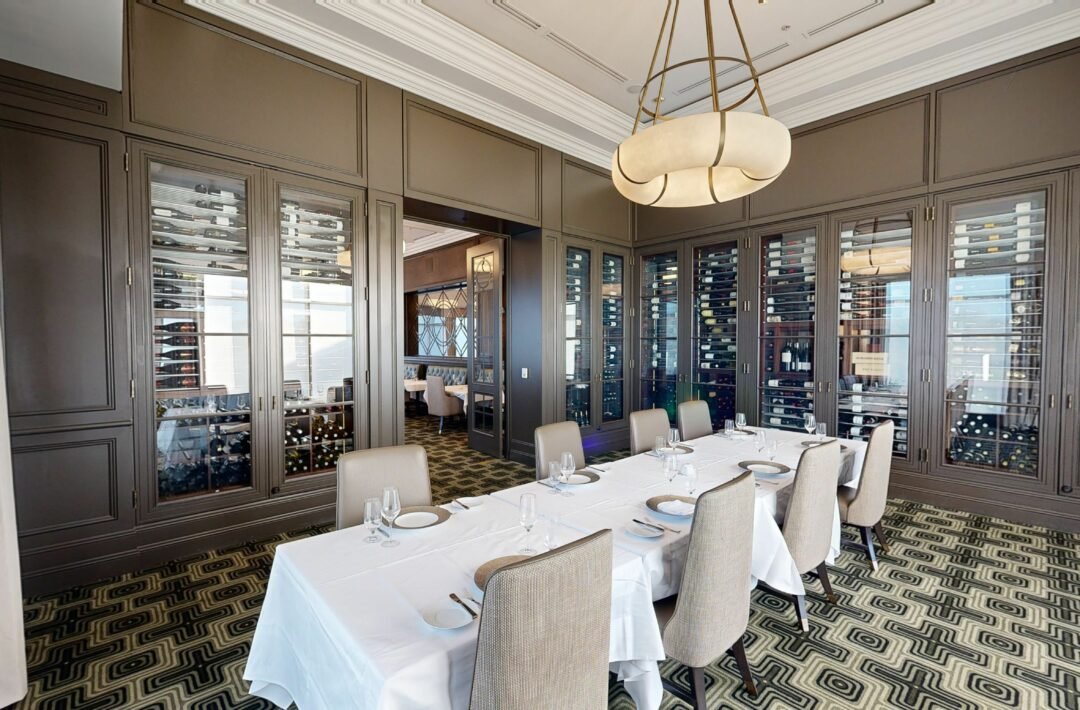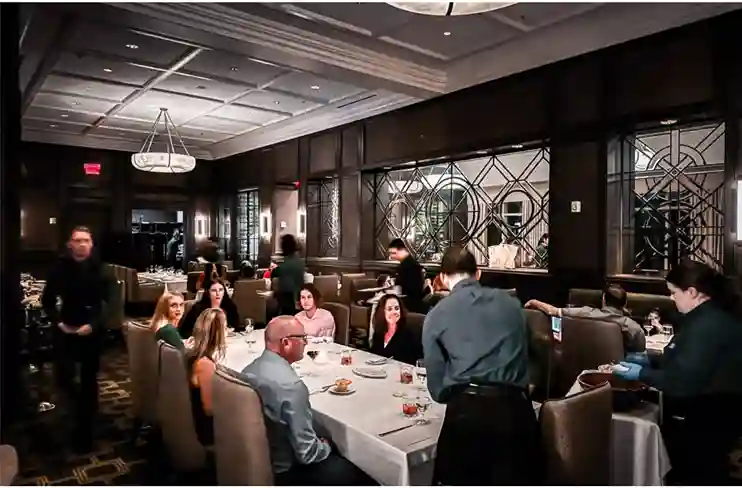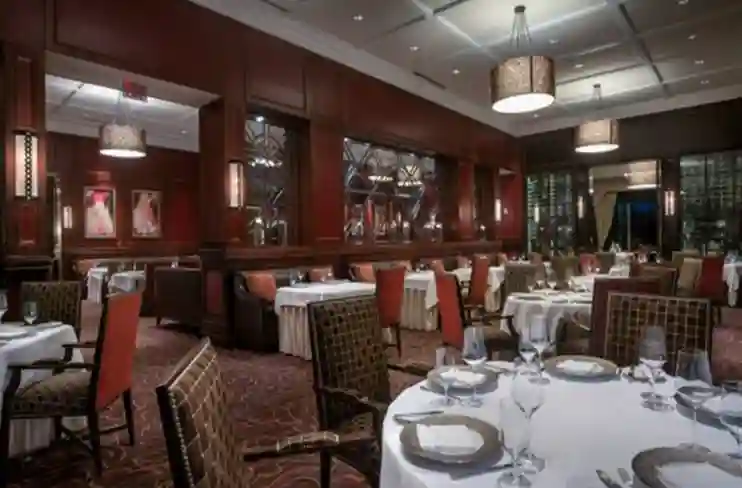


Restaurant reservations Overview
A restaurant reservation is an arrangement made in advance to secure a table at a dining establishment, ensuring guests have a designated spot at their preferred time. This process can be completed through various channels, including the restaurant’s official website, third-party platforms like OpenTable or Resy, or by directly contacting the restaurant via phone or in person. Reservations are particularly common at high-demand venues, where securing a table without prior booking may be challenging, especially during peak dining hours or special occasions.(Food & Wine)
Modern reservation systems often offer features such as real-time availability, automated confirmations, and waitlist management, enhancing both customer convenience and operational efficiency for restaurants. Additionally, these systems can help manage guest flow, optimize seating arrangements, and reduce instances of no-shows through reminders and cancellation policies. For guests, making a reservation is a practical way to ensure a timely and enjoyable dining experience, while for restaurants, it aids in planning and delivering consistent service.(WebstaurantStore, Chowbus POS).
Certainly! Here’s a more detailed explanation of restaurant reservations:
Restaurant reservations are a key part of modern dining culture, especially in busy cities or at high-end establishments where tables fill up quickly. By reserving a table in advance, guests can ensure timely seating, avoid long waits, and sometimes even request specific seating preferences such as a window view or private section. Reservations are particularly important during weekends, holidays, or special events like Valentine’s Day and New Year’s Eve, when demand peaks. Most restaurants now use online booking platforms such as OpenTable, Zomato, Resy, or their own websites and apps, allowing guests to see real-time availability and make instant bookings.
In addition to securing a table, many reservation systems allow diners to note special requests—such as dietary restrictions, celebrations, or accessibility needs—helping restaurants prepare a personalized experience. For the restaurant, a reservation system improves planning by forecasting guest volume, managing staff schedules, and reducing overbooking. Many systems also send automated reminders to guests, lowering the risk of no-shows and allowing waitlisted customers to fill last-minute openings.
Some restaurants now offer prepaid reservations or deposit-based bookings, particularly for exclusive tasting menus or limited-seating events, to ensure commitment from diners. In upscale or fine dining settings, making a reservation is often expected and may even require booking weeks in advance. Overall, the reservation process benefits both guests and restaurants by ensuring a smooth, organized, and enjoyable dining experience.
